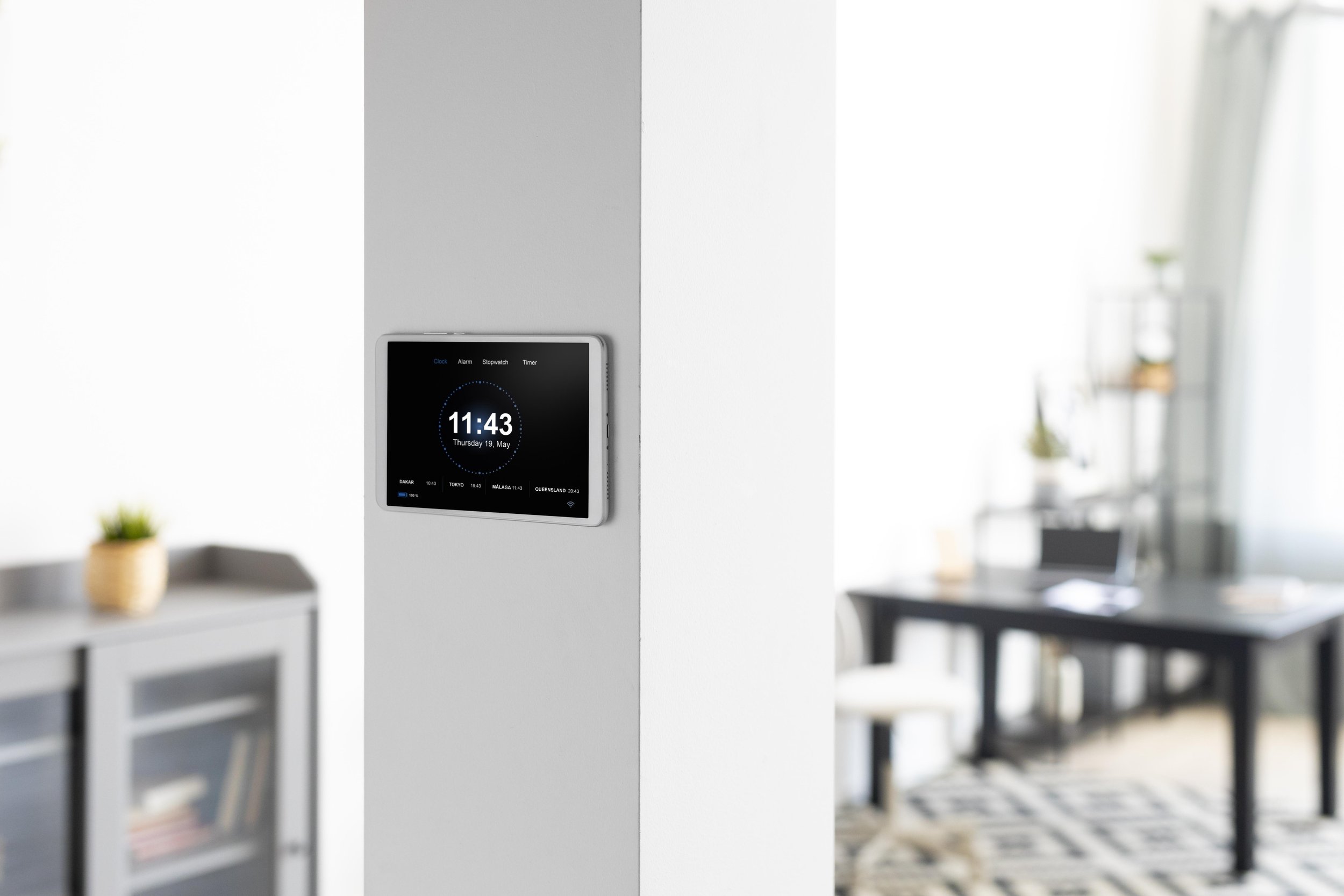
Why A Smart Home Thermostat Is Crucial To A Sustainable Renovation
Contact UsIntroduction
In the age of sustainable living, homeowners and property developers are increasingly turning towards smart technology to enhance the efficiency and environmental friendliness of their living spaces. One pivotal component in this green revolution is the smart home thermostat. As a cornerstone of modern home automation systems, smart home thermostats offer an unparalleled blend of convenience, cost savings, and climate control, playing a critical role in sustainable renovations. This article delves into the reasons why integrating a smart home thermostat should be a top priority in any sustainable home renovation project.
The Role of Smart Home Thermostats in Energy Efficiency
Energy efficiency is at the heart of sustainable living, and smart home thermostats stand at the forefront of this initiative. These innovative devices go beyond the capabilities of traditional thermostats by learning a homeowner’s schedule and preferences, adjusting the home’s temperature accordingly. This intelligent climate control not only ensures comfort but significantly reduces energy wastage.
By allowing homeowners to monitor and control their heating and cooling systems remotely, smart home thermostats provide real-time insights into energy consumption. This feature empowers users to make informed decisions about their energy usage, leading to more efficient home operation and lower utility bills. In essence, a smart home thermostat acts as a guardian of energy efficiency, ensuring that heating and cooling systems are used only when necessary.
Enhancing Home Comfort and Convenience
Comfort and convenience are paramount in any living space, and smart home thermostats contribute significantly to these aspects. With intuitive interfaces and remote access through smartphones or tablets, these devices provide homeowners with unparalleled control over their indoor environment. Whether it’s adjusting the temperature from the comfort of your bed or setting specific climate zones within the home, smart thermostats offer a level of customization that traditional models cannot match.
Moreover, the integration of smart home thermostats with other smart devices, such as voice assistants and home automation systems, creates a cohesive and user-friendly ecosystem. This integration allows for seamless control of various home functions, further enhancing the living experience and making sustainable living both convenient and enjoyable.
Reducing Carbon Footprint
Sustainability is not just about energy savings; it’s also about reducing one’s carbon footprint. Smart home thermostats play a vital role in this aspect by optimizing energy usage. Efficient heating and cooling result in lower energy consumption, which in turn leads to a reduction in greenhouse gas emissions associated with electricity production. By choosing a smart home thermostat, homeowners contribute to a larger global effort to combat climate change and promote environmental stewardship.
Improving Home Value and Appeal
In today’s real estate market, sustainability and smart technology are increasingly becoming selling points. Homes equipped with smart home thermostats are often more attractive to potential buyers, as they promise lower energy costs and modern conveniences. This appeal can translate into higher property values and a quicker sale process. For homeowners considering a renovation, installing a smart home thermostat is not just a step towards sustainability; it’s also a wise investment in the future value of their property.
Tailoring to Individual Lifestyle Needs
Integration with Renewable Energy Sources
As the world moves towards renewable energy sources, smart home thermostats are becoming increasingly compatible with these systems. For homes equipped with solar panels or other renewable energy sources, a smart thermostat can be a crucial tool in maximising the use of generated energy. By aligning energy consumption with energy production, these thermostats help in making the home not just energy-efficient but also self-sustaining to a certain degree.
Smart Thermostats and Healthier Indoor Environments
The benefits of smart home thermostats extend beyond energy efficiency and comfort; they also contribute to healthier indoor environments. By maintaining optimal humidity levels and ensuring consistent temperatures, these devices help in reducing the risk of mold growth and other issues related to poor indoor air quality. This aspect is particularly important for individuals with allergies or respiratory issues, as it ensures a living environment that supports their health and well-being.
Easy Installation and Maintenance
Contrary to what some may believe, installing a smart home thermostat is not a complex or intrusive process. Most of these devices are designed for easy installation, often compatible with existing HVAC systems. This ease of installation makes them an ideal choice for both new builds and renovation projects. Additionally, the maintenance of these thermostats is minimal, providing a hassle-free solution for homeowners.
The Future of Home Automation
Investing in a smart home thermostat is not just about the immediate benefits; it’s also about future-proofing the home. As technology evolves, these devices are continually updated with new features and capabilities, ensuring that they remain relevant and useful in the years to come. With the ongoing development of home automation and smart technology, having a smart thermostat is a step towards creating a home that is ready for the future.
Conclusion
The importance of a smart home thermostat in a sustainable renovation cannot be overstated. From enhancing energy efficiency to improving home comfort, reducing carbon footprints, and increasing property value, the benefits are multifaceted. As we move towards a more sustainable and technologically advanced future, integrating a smart home thermostat in renovation projects is not just a smart choice; it’s a necessary step in the journey towards sustainable living.




